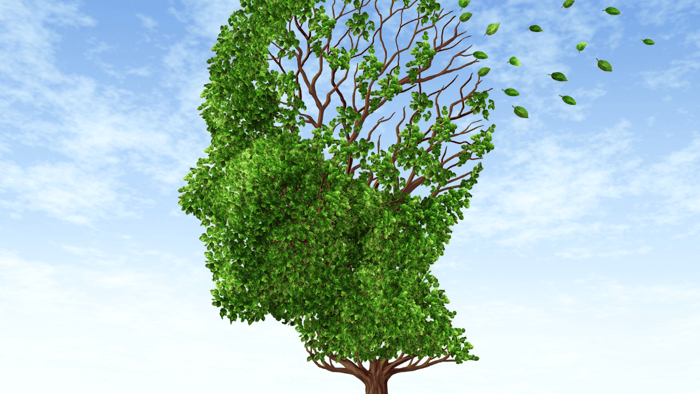What are Uterine Fibroids?
Uterine fibroids are benign tumors that grow in the uterus, affecting up to 80% of women by the age of 50. While not all women with fibroids experience symptoms, they can cause a range of problems that impact a woman's quality of life. Many women may not even realize they have fibroids until they undergo a routine gynecological exam or ultrasound. In this article, we'll discuss the symptoms of uterine fibroids and why it's important for you to be aware of them.
Who is at risk for uterine fibroids?
There are several factors that can increase a woman's risk of developing uterine fibroids. These include women of African descent, being overweight, or having a family history of fibroids.
Hormones also play a role, as high levels of estrogen and progesterone have been linked to the growth of fibroids. Finally, diet can also play a role in fibroid development, with a diet high in red meat and low in fruits and vegetables being associated with an increased risk.

What are the symptoms?
The symptoms of uterine fibroids can vary depending on the size and location of the tumors. Some women may not experience any symptoms, while others may have a combination of the following:
Heavy menstrual bleeding, which is also known as menorrhagia. Women with fibroids may experience periods that are heavier than usual and last longer, often lasting for more than seven days. In addition to the heavy flow, women may also pass blood clots during their period. Excessive bleeding can lead to anemia, a condition where the body lacks sufficient healthy red blood cells to transport oxygen to tissues throughout the body. Anemia can cause fatigue, weakness, and other health problems, and may require medical treatment.
Pelvic pain is a common symptom of uterine fibroids. The pain can be felt in the pelvic area, lower back, or legs, and can vary in intensity from mild to severe. The type of pain can also vary, with some women describing it as a dull ache, while others may experience sharp, stabbing pains. Women with fibroids may also experience pain during sexual intercourse, which can affect their quality of life and their ability to enjoy sexual activities.
The pain may be worse during menstruation; as the uterus contracts to expel the lining, these contractions put pressure on the fibroids, causing them to become painful. The pain may also be exacerbated by physical activities, such as exercise, putting additional pressure on the pelvic area.
Frequent urination is another common symptom of uterine fibroids. Large fibroids can put pressure on the bladder, causing women to feel the urge to urinate more frequently than usual. This can be especially disruptive at night, which can lead to fatigue, irritability, and difficulty concentrating during the day.
Constipation can also be a cause of fibroids, as they put pressure on the rectum, leading to constipation or difficulty passing stool. This can occur when fibroids grow large enough to press against the rectum, making it harder for stool to pass through. Women who experience this symptom may feel bloated, and uncomfortable, or experience abdominal pain or cramping. Constipation also leads to other digestive issues, such as hemorrhoids or anal fissures.
While not all women with fibroids experience symptoms, it's important to be aware of the potential warning signs. If you experience any of the symptoms mentioned above or have concerns about your reproductive health, speak with a specialist or your healthcare provider to determine if further evaluation or treatment is necessary. Early detection and treatment can help prevent complications and improve your overall quality of life.
Want to know everything going on in natural health and beauty? Sign up for BVU's newsletter. You can also follow along on Instagram and Facebook.





